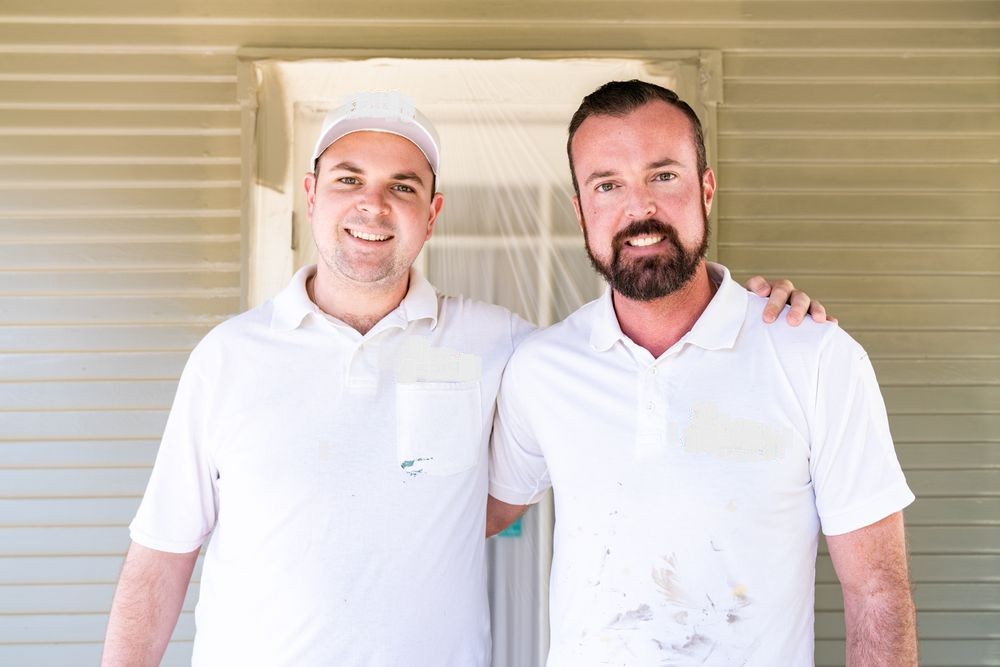
Get matched with top animal removal specialists in Waverly, KS
Enter your ZIP and get matched with up to 5 pros
Need a pro for your animal removal project in Waverly, KS?
Verified Reviews for Animal Removal pros in Waverly, KS
*The Angi rating for Animal Removal companies in Waverly, KS is a rating based on verified reviews from our community of homeowners who have used these pros to meet their Animal Removal needs.
*The HomeAdvisor rating for Animal Removal companies in Waverly, KS is a rating based on verified reviews from our community of homeowners who have used these pros to meet their Animal Removal needs.
Last update on November 16, 2025
Find Animal removal specialists in Waverly
Xtreme Wildlife Solutions
Xtreme Wildlife Solutions
Xtreme Wildlife Solutions, LLC provides professional wildlife control for both residential & commercial customers in the states of Kansas and Missouri. We offer custom animal control solutions for almost any type of wildlife problem, whether it be the noises of squirrels running through the attic, a colony of bats living in a building, or the destructive behavior of a raccoon or other critter, we have the experience and the tools to quickly and professionally solve your problem. For a consultation, give us a call at 913-709-1612.
Xtreme Wildlife Solutions, LLC provides professional wildlife control for both residential & commercial customers in the states of Kansas and Missouri. We offer custom animal control solutions for almost any type of wildlife problem, whether it be the noises of squirrels running through the attic, a colony of bats living in a building, or the destructive behavior of a raccoon or other critter, we have the experience and the tools to quickly and professionally solve your problem. For a consultation, give us a call at 913-709-1612.
The Waverly, KS homeowners’ guide to animal removal services
From average costs to expert advice, get all the answers you need to get your job done.

Your skunk removal cost will depend on several factors, including type, location, and more. Our guide will cover everything you need to know about skunk removal costs.

While moles eat termites, ants, and more, they can still be a nuisance. Learn yard mole removal costs, including humane options to decide what’s right for you.

When calculating fox removal costs, factor in whether you take a DIY approach or call in the pros, the number of animals involved, and the location.

If you are wondering who to call for fox removal, wildlife control specialists are the best professionals to do the job safely, humanely, and legally.

When you need to know who to call for possum removal, these are the best wildlife removal professionals who can do the job humanely and legally.

Learn what the best baits for opossum traps are to help you remove a nuisance individual that is causing problems in your home or yard.
- 🌱 "Mow a small front yard"
- 🛠 "Fix a leaking pipe under the sink"
- 🏠 "Repair shingles on an asphalt roof"


